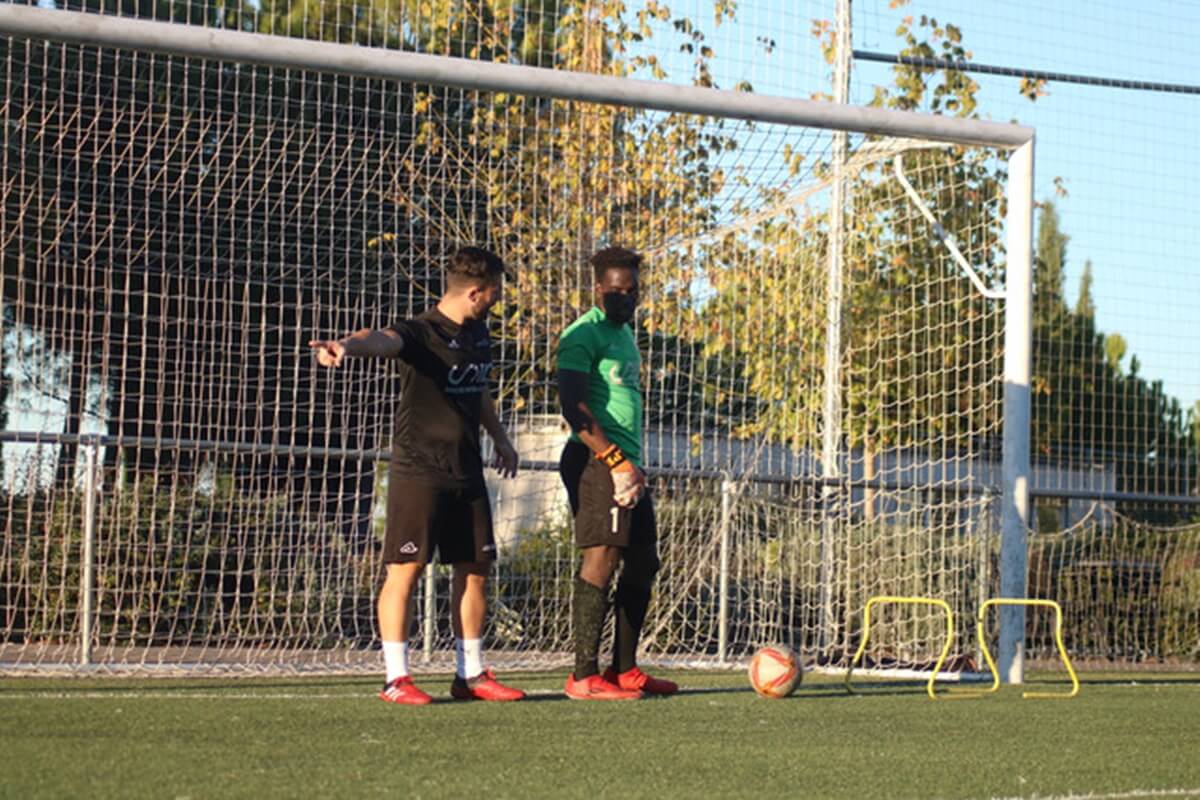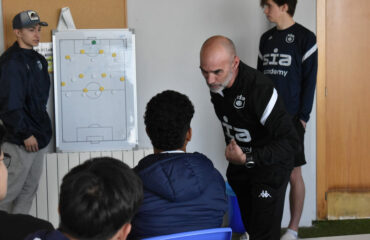Football is a group sport and many cognitive aspects are needed to play it. You need to be focused, attentive, memorise tactics, coordinate and perform other functions. You also have to manage the emotional side. Football mixes moments of anger, joy, rage, anger, euphoria or frustration.
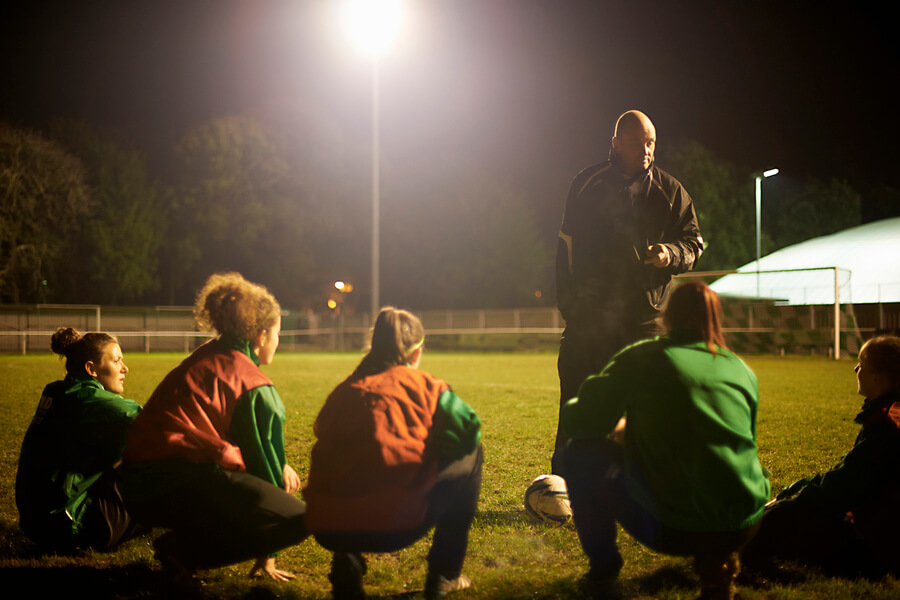
Therefore, psychology must be worked on in order to achieve maximum sporting performance in football. A recently discovered area that has helped elite players to overcome their bumps in the road. It has also allowed the new generations to reach their maximum level..
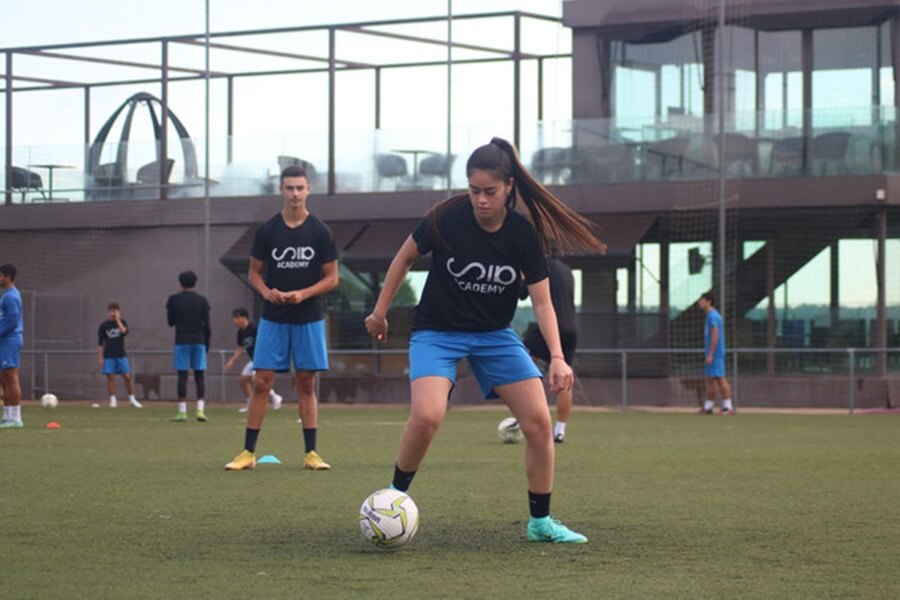
Psychology in football
Football moves the masses. Millions of people all over the world play amateur or professional football. Many of them dream of playing for the best football clubs and being on TV. However, very few have the chance to achieve this because they do not have many opportunities to play for the best clubs and to be on TV.s.
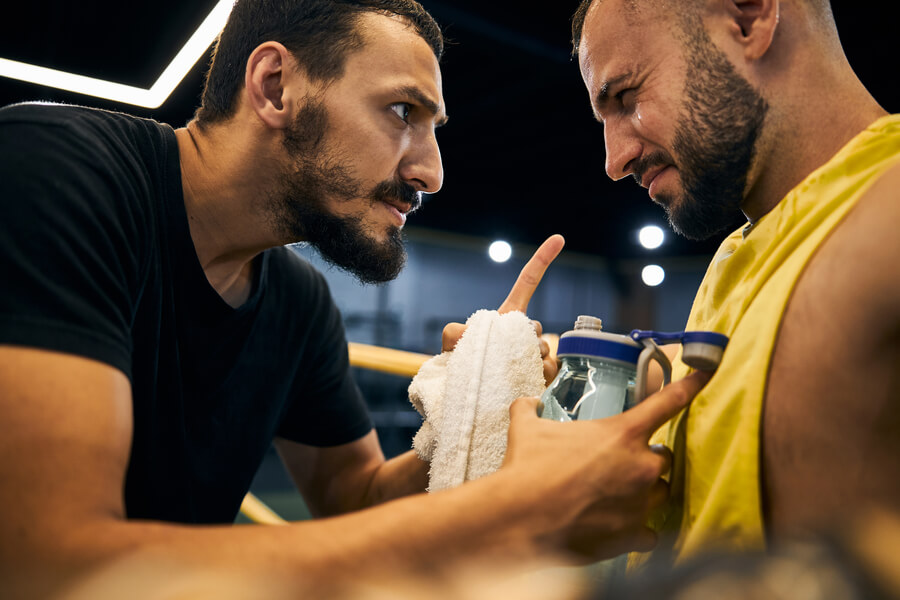
Psychology in football is key to understanding the environment and the situation. A footballer with good psychological capacity takes advantage of the bumps in the road to improve. This is how you stand out from other football players and maximise your performance in order to become a professional footballer in Spain.
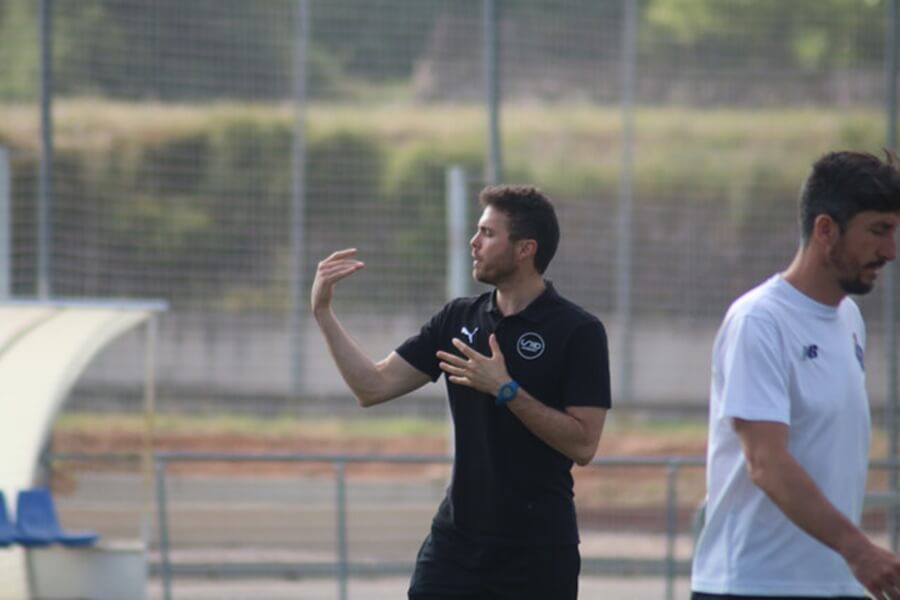
Relations between psychologist and footballer
The relationship between the sports psychologist and the player must be fluid. The player must often feel as if he is being treated by a second parent in every therapy session. This is built up by the correct training of the psychologist and good practice of the psychologist.

The sports psychologist must offer tools to the footballer to help him overcome his bumps in the road. Mental advice, attitudes, teaching values and other issues that make the player achieve his goals. Whether it is trying to reach the elite, withstand pressure or start scoring goals again.
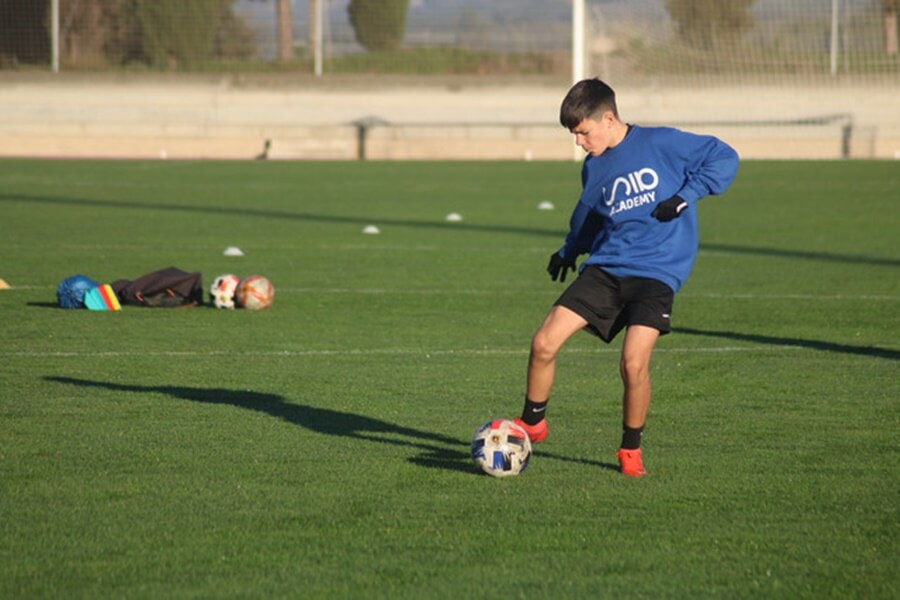
Relationship between psychologist and trainer
In professional football clubs, the sports psychologist is one of the team. He or she does not appear in official photos or on television, but his or her task is more than relevant. Therefore, the relationship between the psychologist and the coach must also be fluid. Although not to solve the coach’s problems.

Both the coach and the psychologist must act in unison. It is the coach who knows his players best and whom he advises to treat in order to achieve their maximum performance. Subsequently, it should be the psychologist who provides information about the player’s problems so that the coach can also work on them.
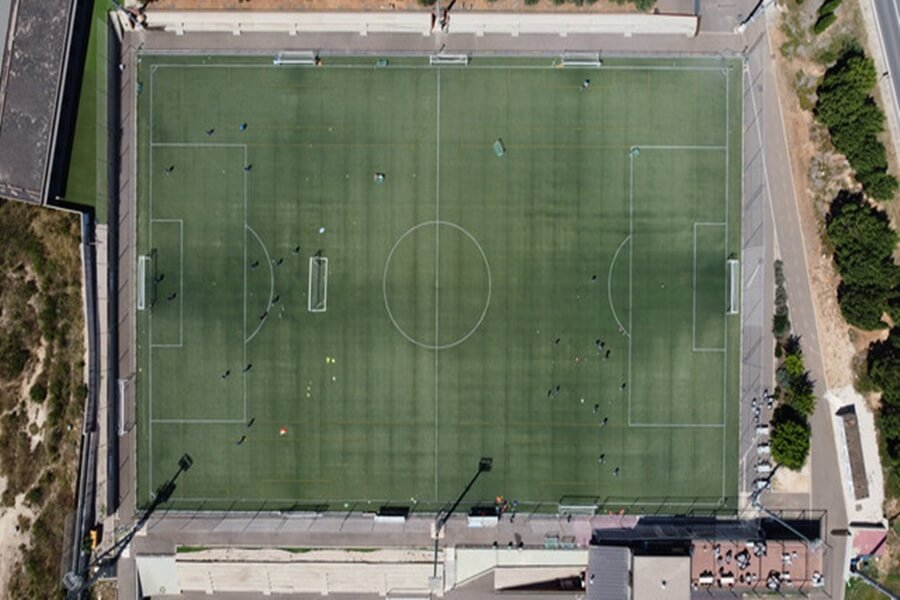
Aspects of psychology in football
Psychology in football is a very broad field because it covers so many issues. It is one of the sports where the head has the most influence. It is said that football is a state of mind. In practice this is reflected in practice, as for example in Real Madrid’s impossible comebacks in the Champions League or the drop in performance of the best players in the world when they are taken out of their ideal ecosystem.
Emotional aspects
In the section on emotional aspects, sports psychology works on the management of several issues. One of them is motivation. You have to want to play and want to win, although over-motivation can be detrimental. You can overdo it in the innings or get tired too soon.
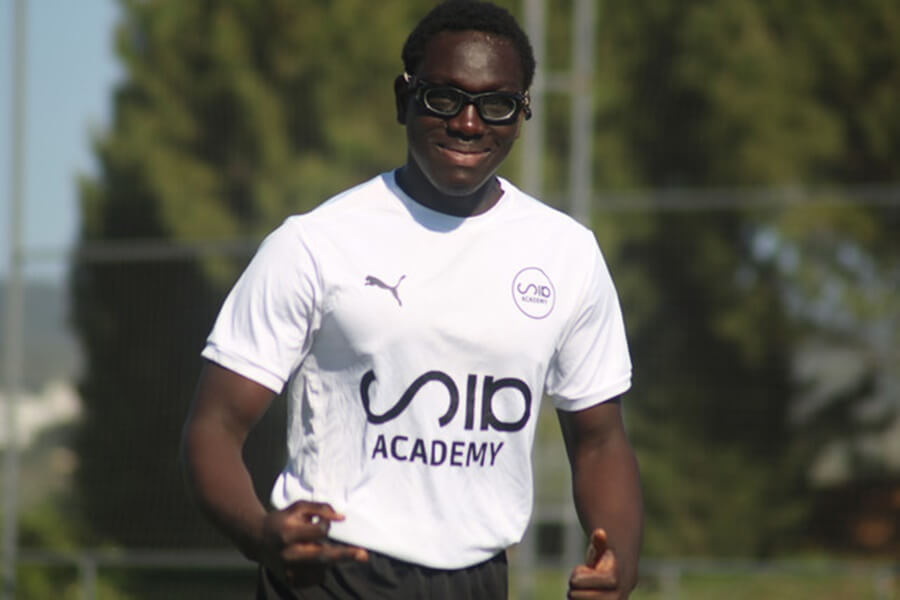
Confidence is key and is one of the aspects most worked on in sports psychology. Feeling comfortable with the ball, not getting burnt, being calm enough to do what you know how to do. We also work on concentration. Staying focused helps you to perform better and to manage your emotions more efficiently.
Values of sport
Sport psychology in football also works on the values of sport. This is especially the case in grassroots football. The boys and girls who play football are still at a developmental and learning age. That is why football psychologists work on teaching them fundamental aspects..
This is the case of teamwork, cooperation, empathy for teammates and opponents, respect and tolerance. Working in a clean and healthy sport, where the important thing is to give the maximum. Knowing that you have reached your limit and that you have improved is the first step to seeing results.
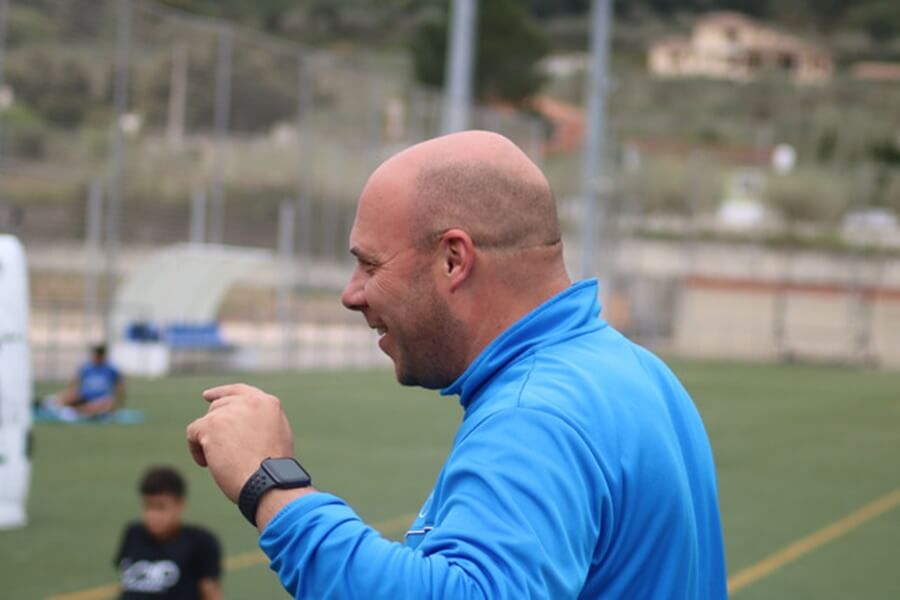
How a sports psychologist works
In professional football, the sports psychologist is just another sports psychologist. They are usually highly qualified people, with a great deal of training in their field and with several years of training in the sport. Their work is fundamental and, although it is a relatively new branch in the beautiful game, they are already known to be more than important.
For this reason, the sports psychologist adapts to the routine of the football team. He must follow certain guidelines so as not to interfere with the dynamic and to be able to carry out his therapies without affecting the training.
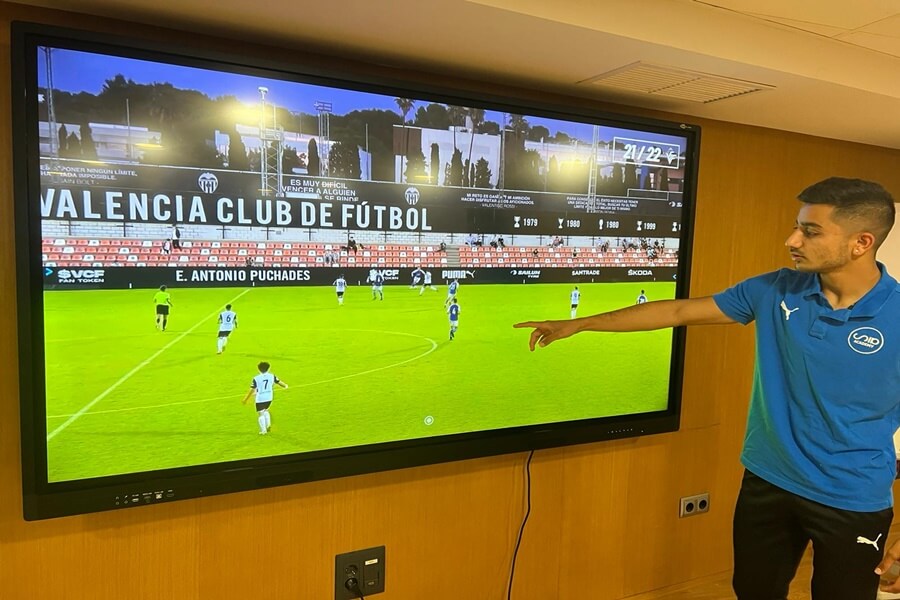
Routine of a sports psychologist
The sports psychologist usually works in the respective sports cities of each club. Arrival at the facilities is usually around two hours before training to talk and work with the coaching staff. Before training, individual sessions are held with several players.
Afterwards, the coach is informed about what has been worked on so that the coaching staff can work on it. Finally, work is done in future sessions with other players by getting support tasks, maps or other elements that support the player in therapy.
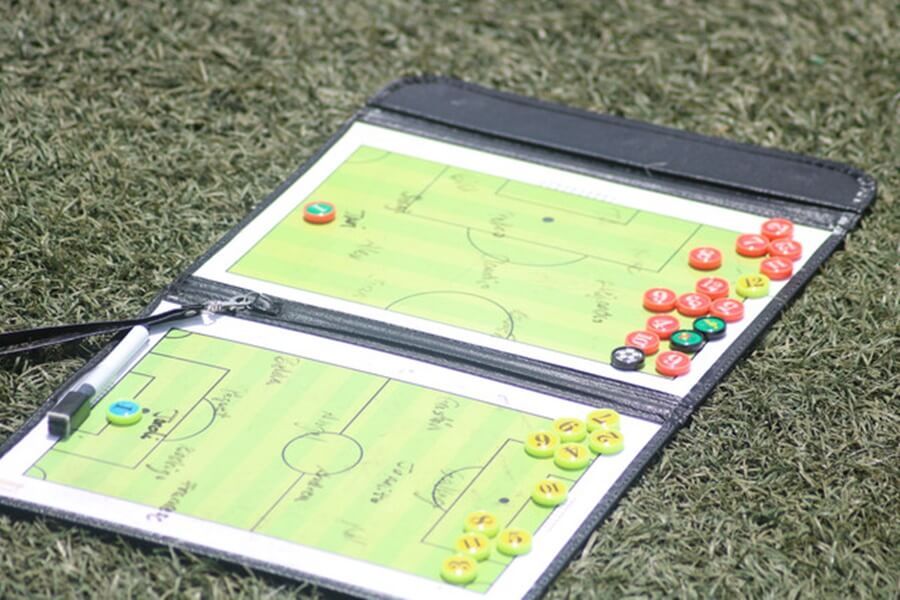
What a sports psychologist studies
A sports psychologist is a highly skilled and highly trained person in his or her field. Moreover, it is a profession that is on the rise thanks to the normalisation of psychology and its benefits for the general population. Thus, all of them have studied a degree in psychology at university. It is currently the only high-level education.
After graduating from university, the ramifications follow. Some sports psychologists specialise in physical activity and sport, others in neuropsychology, others in education or group psychology. But many of them also have to go through coaching courses to gain a deeper understanding of the tactical side of football.



